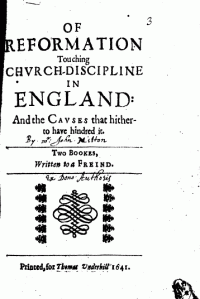I’d like to use this post to introduce a general methodological approach in the field of poetics. Much of my work on early English poetry thus far has been concerned to analyze poetic features not as objective linguistic structures but as mental events. Meter as a mental event; syntax as a mental event; wordplay as a mental event. This general approach to poetics might be termed ‘phenomenological poetics.’*
In pursuing phenomenological poetics, I find myself producing scholarly work that cuts across the structuralism/poststructuralism and formalism/historicism dichotomies. On the one hand, phenomenological poetics differs from most strands of structuralism in refusing to externalize form. For example, my article on Old English poetic syntax mounts a historicist argument against modern editors who propose to chop poetic texts into modern sentences. I argue that certain kinds of syntactical complications are stylistic effects purposefully offered to medieval minds, not syntactical problems accidentally offered to modern textual criticism. To make this argument, however, I build on the findings of modern linguistics and the study of syntax: it’s an argument about the history of form that recognizes form but tries hard not to reify form.
On the other hand, phenomenological poetics operates differently from most strands of poststructuralism, too. For example, my first book tracks the history of the English alliterative meter from the seventh to the sixteenth century. Where poststructuralists often express skepticism about the reality of meter as an object of inquiry, I discuss meter as a real mental event. I consider my work to be materialist, with the understanding that the materials are not pronunciations, spellings, syllables, or even metrical notations but forms of expectation and perception. Meter, for me, lives in the mind, but it lives in the mind in formally and historically specifiable ways. My book argues, in part, that we should not allow that formal and historical nuance to be flattened out by skepticism about our ability to capture it. In phenomenological poetics, questions about literary form and questions about literary history simply coincide, inasmuch as recovering medieval thought processes about poetry is an inherently formal and historical task.
In describing my approach as materialist but concerned with mental processes, I am, of course, coming close to the interdisciplinary field known as cognitive poetics. The cognitive sciences are those dealing with the material that grounds the mental. Thus far I have not connected my research in poetics with the cognitive sciences, but I have learned a great deal from metrists who have: Nick Myklebust, for example.
*A quick Google search reveals that others have used the phrase in a different sense, to refer to poetry that itself engages phenomenological philosophy or phenomenological experience.

You must be logged in to post a comment.